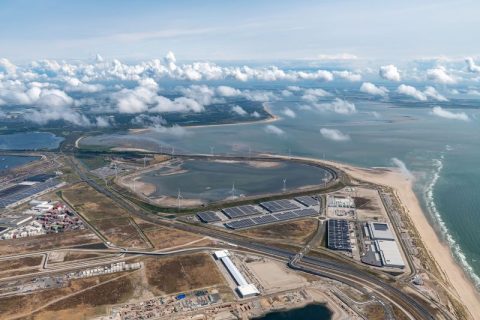
Port of Rotterdam breakbulk throughput down with lower investments
Photo: Port of Rotterdam
General cargo throughput at the Port of Rotterdam during the first nine months slipped 13.7 per cent compared to the corresponding period last year. The results are due to reduced consumer spending, large stocks and lower investments.
Want to read more?
You have read all of your free premium articles for this month. Please become a subscriber to keep reading.
Subscribe now!
Take advantage of our exclusive offer to get full access to all premium content.




